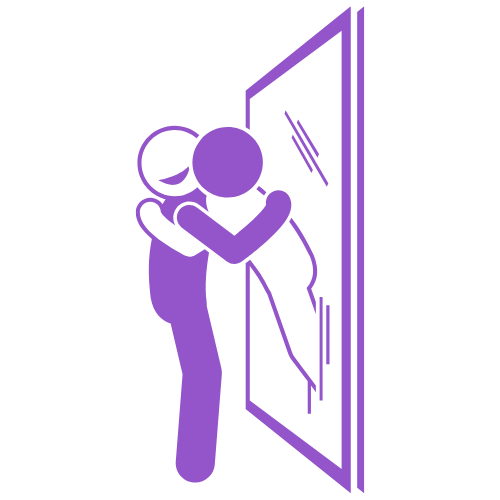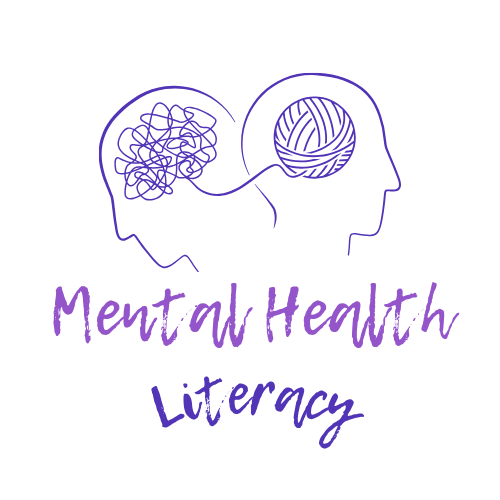Self-care

As youth workers, we often find ourselves in the role of the listener, the motivator, the safe space, and sometimes even the emotional anchor. We show up for young people in moments of crisis, confusion, and growth—but one of the most powerful things we can do is help them learn how to show up for themselves. And that’s where self-care comes in—not just as something nice to have, but as a core skill in mental health management.
Helping young people understand self-care means showing them that it’s not only okay to take care of their mental and emotional health—it’s necessary. It’s helping them recognize that tuning into their needs, setting boundaries, asking for help, and doing things that recharge them isn’t indulgent—it’s strength. Whether it’s guiding them to breathe through stress, reflect through journaling, find joy in a creative outlet, or simply get enough rest, we’re equipping them with tools that build resilience.
But here’s the thing—we can’t offer what we don’t model ourselves. If we don’t believe in self-care, or constantly run on empty, young people pick up on that too. They learn not just from our words, but from how we treat ourselves. So part of our job—part of our responsibility—is to also pause, breathe, and recharge. Not just for our own wellbeing, but to be better at holding space for theirs.
In the end, teaching self-care isn’t just about sharing coping tools. It’s about building a culture of care—where young people feel empowered to protect their mental health, and where they know they’re not alone in figuring it all out. In this part, we will try to help you build an image of what management practices can be used by youth, why they sometimes fail and how to help them go back on track.
What is mental health?
Mental health is the foundation of how we think, feel, and connect with the world around us. It shapes our ability to handle stress, build relationships and make decisions. Just like physical health, it needs care and attention at every stage of life, from childhood to adulthood.
But mental health isn’t just personal, it affects our communities. When we prioritize well-being, we create stronger, more connected societies where people can thrive. It’s not a luxury or an afterthought, it’s a fundamental part of a healthy, fulfilling life.
What is mental illness?
Mental illness, or a mental disorder, happens when there’s a serious disruption in thoughts, emotions, or behaviors. These conditions aren’t just about having a “bad day”, they can impact daily life, relationships and overall well-being. That’s why professional support is often necessary for diagnosis and treatment.
Talking about mental health shouldn’t be uncomfortable or taboo. The more we open up these conversations, the easier it becomes for people to seek the help they need. Mental health matters, and everyone deserves to feel supported on their journey.
